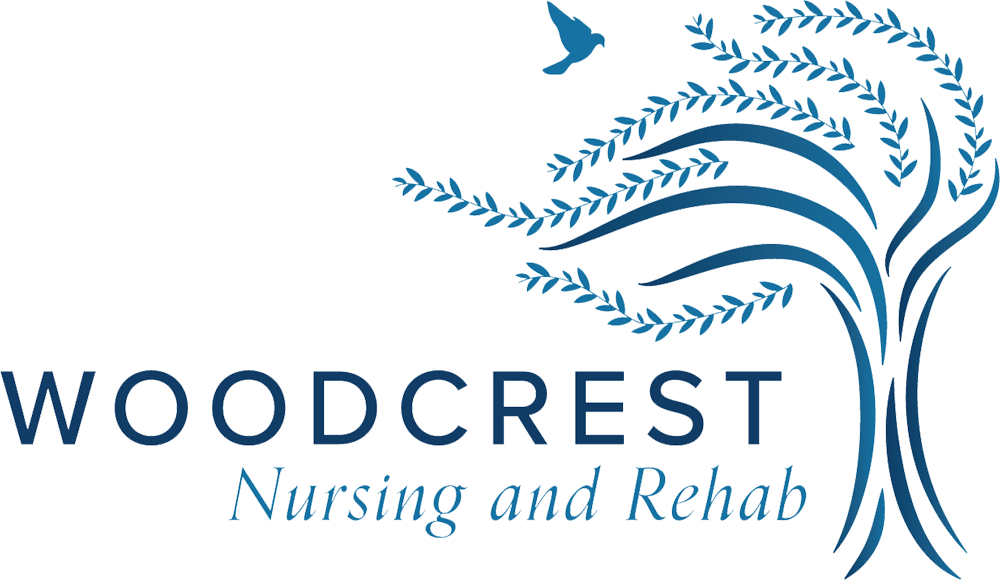October 4, 2017

Oral hygiene is very important, as we have been told since we were young.
In fact, brushing our teeth and gargling were usually among the first practices many of us were taught as kids. Most of us probably learned how to brush our teeth well before we could utter words clearly or speak straight. If asked about the significance of oral health, we usually think of cute smiles and fresh breath. Who would want to risk their reputation by smiling in front of friends or the camera with unclean teeth? Or imagine how embarrassing it would be when you suddenly notice that your friend has intentionally, yet subtly stopped breathing while you are talking.
The need to maintain oral health far exceeds the desire for a confident smile or sweet smelling breath. Poor oral hygiene and untreated oral problems can greatly affect the quality of people’s lives. If the eyes are the window into people’s innermost being, the mouth is a mirror that reflects the health condition of their body. Recent research indicates that there is a link between periodontal (gum) disease and heart diseases such as stroke. Moreover, 90% of all systemic health problems have manifestations in the mouth.
Based on the latest Surgeon General’s report regarding oral hygiene, the quality of life of many Americans is often reduced due to oral health diseases and pain. The disturbing pain is usually caused by gum infections, which can also result to loss of teeth. The study also said that 75% of the American population suffers from gingivitis or periodontal disease. These oral infections can seriously affect major organs of the body, leading to diseases such as bacterial endocarditis (an inflammation of the lining of the heart and its valves), intestinal failure, irritable bowel syndrome, and oral cancer.
Since maintaining good oral health is vital, please observe the proper ways of oral hygiene. Aside from personal practices such as brushing, gargling mouthwash, and using dental floss, we recommend visiting your dentist every six months. You should inform your dentist not only of your dental history, but also your medical history or recent health problems. Your dentist is usually one of the first individuals to detect and diagnose a health problem and he can help you in identifying these diseases in their earliest phase.
